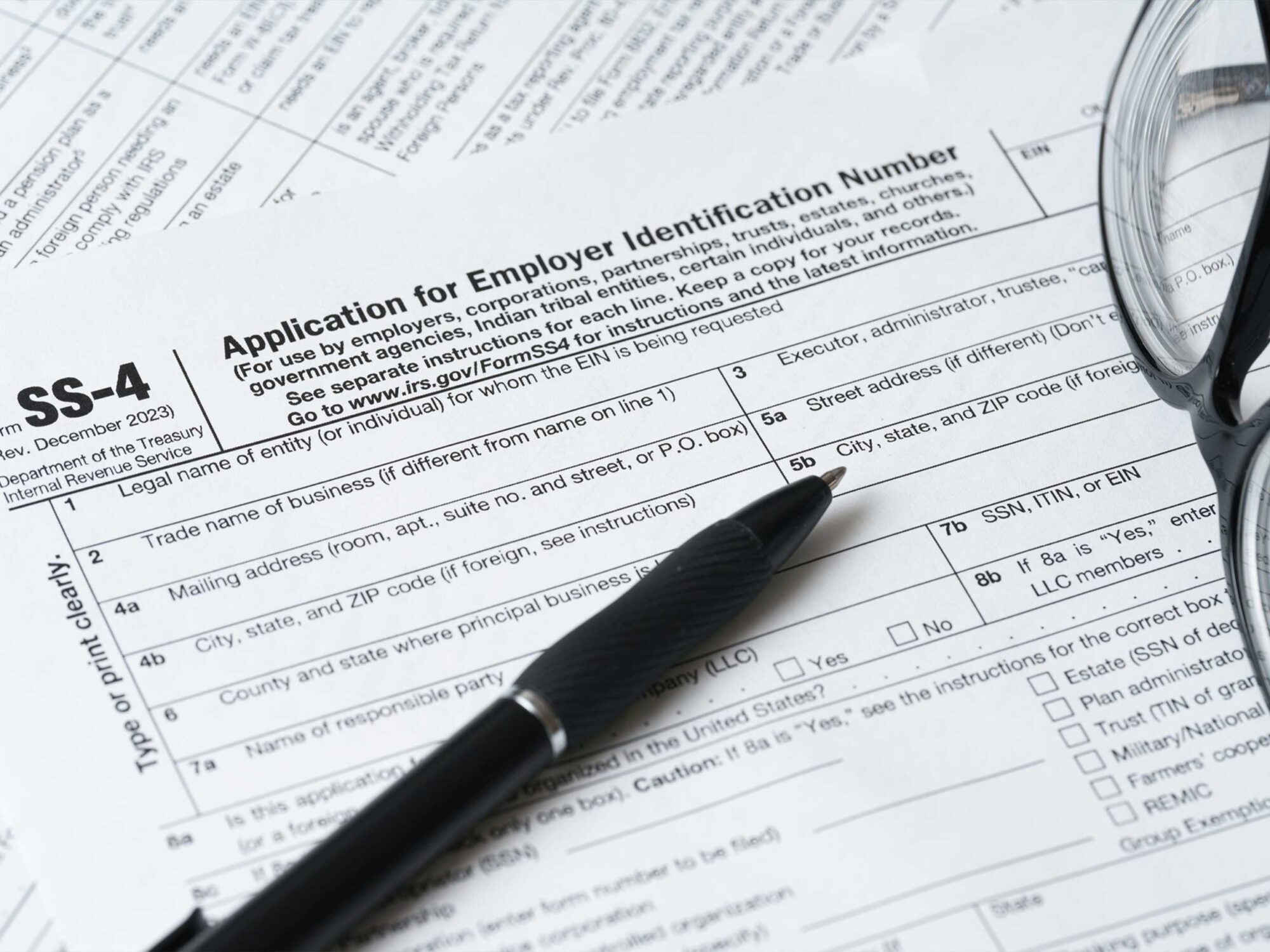
Every Michigan business faces risks. A customer could slip on your floor, an employee might get injured, or a fire could damage your equipment. Without the right insurance, these everyday scenarios could threaten everything you’ve built.
This how to get business insurance in Michigan guide breaks down exactly what insurance coverage Michigan business owners need, what’s legally required versus what’s simply smart protection, and how to get the right policies at the best possible rates.
Business Insurance Basics
In a hurry? Here’s what you need to know about Michigan business insurance:
- Michigan requires workers’ compensation insurance for businesses with at least one full-time employee or three part-time employees
- All business vehicles must have commercial auto insurance in Michigan
- General liability insurance isn’t legally required but is often needed
- Different industries have specific insurance requirements and recommended coverages
- Insurance costs vary based on business type, location, number of employees, and claims history
- Many insurers offer bundle discounts when you purchase multiple policies together
Recommended Service: NEXT Insurance
Ready to protect your business? Get coverage quickly with NEXT insurance’s affordable business insurance policies.
Business Insurance Requirements in Michigan
Unlike some states, Michigan doesn’t have a “one-size-fits-all” business insurance requirement. However, there are two specific types of coverage that most Michigan businesses must have by law:
Workers’ Compensation Insurance
If your business has employees, pay attention here. Michigan law requires workers’ compensation insurance for any business with one or more full-time employees (defined as working 35+ hours weekly for at least 13 weeks) or three or more employees of any type.
- Who needs it: Nearly all businesses with employees
- Who’s exempt: Self-employed individuals with no employees
- What it covers: Medical expenses, lost wages, and rehabilitation costs if an employee gets injured or ill because of their work
Commercial Auto Insurance
All business-owned vehicles in Michigan must be covered by commercial auto insurance. Michigan’s auto insurance requirements are unique compared to other states.
- Who needs it: Any business that owns vehicles
- What it covers: Michigan requires several specific coverages:
- Bodily injury liability
- Personal injury protection (PIP)
- Property damage liability
- Property protection insurance (PPI) for damage to stationary objects like fences or parked cars
- Types of vehicles that need coverage:
- Company cars and tracks
- Delivery vehicles
- Transportation vehicles
- Equipment-hauling vehicles
Recommended Business Insurance Coverage
While not legally required, these insurance types provide crucial protection for Michigan businesses:
General Liability Insurance
General liability insurance serves as the cornerstone of business protection, covering the most common risks that nearly every Michigan business faces. You can think of this type of coverage as your first line of defense against everyday accidents and claims.
- What it covers:
- Customer injuries on your property (like slip and falls)
- Damage to others’ property caused by your business operations
- Legal costs if someone sues you for these reasons
- Advertising injuries (like copyright infringement or slander)
- Who should have it: While general liability insurance is not a legal requirement in Michigan, landlords typically require it for commercial leases, and many clients won’t sign contracts without it.
Professional Liability Insurance
Also known as Errors and Omissions (E&O) insurance, professional liability coverage is essential for service-based businesses.
- What it covers: Claims that your professional advice or service caused financial harm to a client
- Who should have it:
- Consultants
- Financial advisors
- Real estate agents
- IT professionals
- Architects and engineers
- Healthcare providers
Commercial Property Insurance
Businesses with physical locations or valuable business equipment should consider this coverage essential.
- What it covers:
- Your business building
- Equipment and tools
- Inventory
- Business personal property
- Furniture and fixtures
- Who should have it: Any business with a physical location or valuable equipment
Cyber Liability Insurance
Cyber liability insurance is specialized coverage that protects your business from the financial fallout of digital threats; something regular business insurance typically doesn’t cover.
What it covers:
- Data breach expenses (notifying affected customers, credit monitoring)
- Ransomware attack recovery (when hackers lock your files and demand payment)
- Legal costs if customers sue you after their information is exposed
- Recovery of lost or damaged digital data
- Business interruption costs while your systems are down
- PR assistance to handle reputation damage
Who should have it: All small businesses using digital platforms or handling customer information on a digital platform.
Business Owners’ Policy (BOP)
A Business Owner’s Policy combines multiple coverages into one convenient package, typically at a lower cost than purchasing each policy separately.
- What it covers:
- General liability insurance
- Commercial property insurance
- Business income insurance (helps replace lost income if your business is temporarily unable to operate)
- Additional coverages that vary by insurer
- Who should have it: Any business looking to bundle several policies together at a lower cost overall.
Important Tip: While BOP coverage includes several policies helpful to business owners, it typically does not include workers’ compensation, professional liability, or commercial auto insurance. These will need to be purchased separately if your business requires them.
How to Get Business Insurance in Michigan
Ready to get your new business insured? Follow these steps to ensure you and your business are protected.
Step 1: Identify Your Needs
First, you need to determine the type of insurance coverage your business legally requires. (e.g. workers’ compensation or commercial auto insurance). Additionally, you need to identify additional coverage your business may need such as cyber liability or general liability coverage.
Assess your industry, business size, number of employees, and physical assets to get a better idea of what additional coverage your business may require.
Step 2: Find Reputable Providers
To find reputable insurance providers, start by searching for insurance companies or agents that specialize in your industry. Keep in mind, local Michigan agents and companies can provide superior service due to their deeper understanding of state-specific insurance requirements.
For time-saving insurance services, you can also opt to use a digital service like NEXT insurance for quick, affordable coverage.
Step 3: Compare Quotes and Coverage Details
Before you settle on one provider, get multiple quotes to better understand your options. This helps ensure you’re getting competitive rates and appropriate coverage options.
When comparing policies, here’s what to look for:
- Coverage limits
- Exclusions
- The claims process
- Any missing coverage
Important Tip: Many insurers offer discounts when you purchase multiple policies together, such as combining general liability and property insurance in a Business Owner’s Policy (BOP).
Step 4: Secure Your Coverage and Maintain Coverage
Once you’ve decided on the right insurance coverage and provider for your business, it is important to maintain coverage. Review your insurance annually as well as during significant business changes (e.g. adding employees, expanding services, or purchasing new equipment). This ensures your coverage stays aligned with your business’s evolving needs.
Bottom Line
While navigating business insurance requirements in Michigan might seem overwhelming at first, breaking it down into manageable steps makes the process much simpler. Start with the legally required coverages then add the recommended policies that make sense for your specific business.
Remember that the right insurance isn’t just about legal compliance — it’s about protecting the business you’ve worked so hard to build. The right coverage provides peace of mind and financial protection against unexpected events that could otherwise threaten your business’s survival.









 8123 Main St Suite 200 Dexter, MI 48130
8123 Main St Suite 200 Dexter, MI 48130


